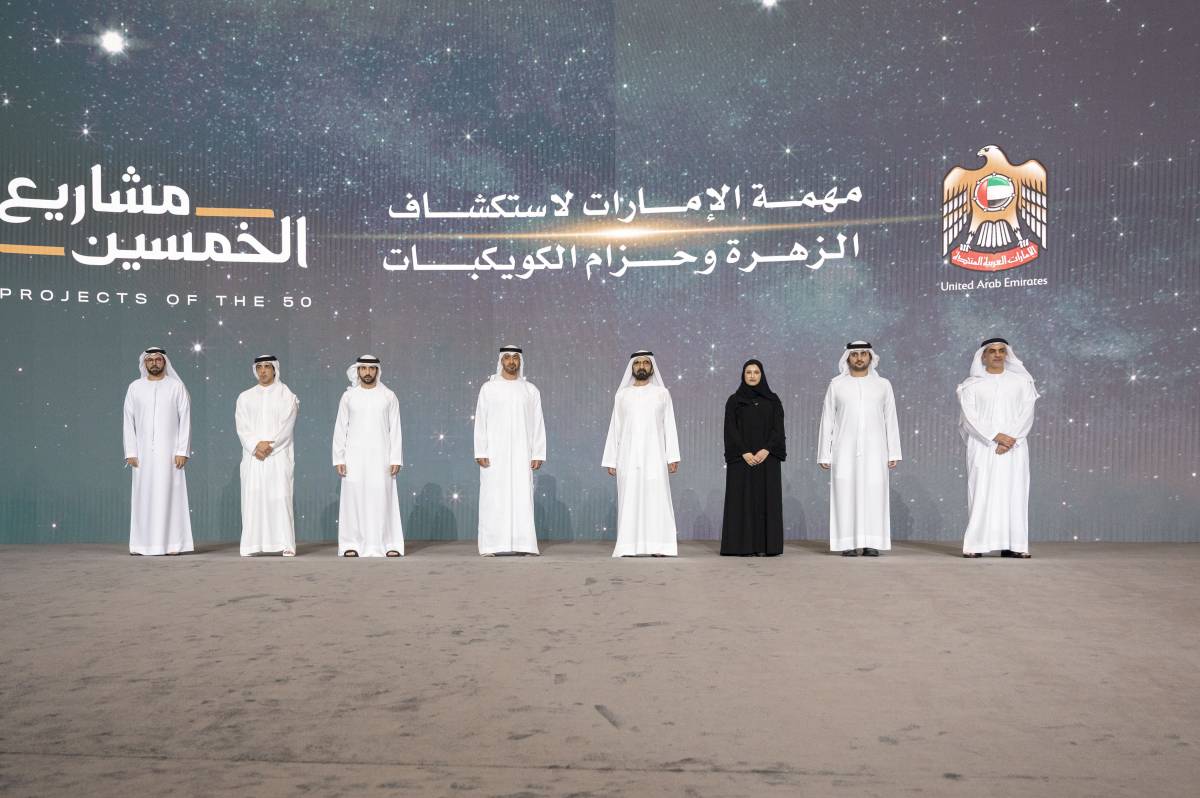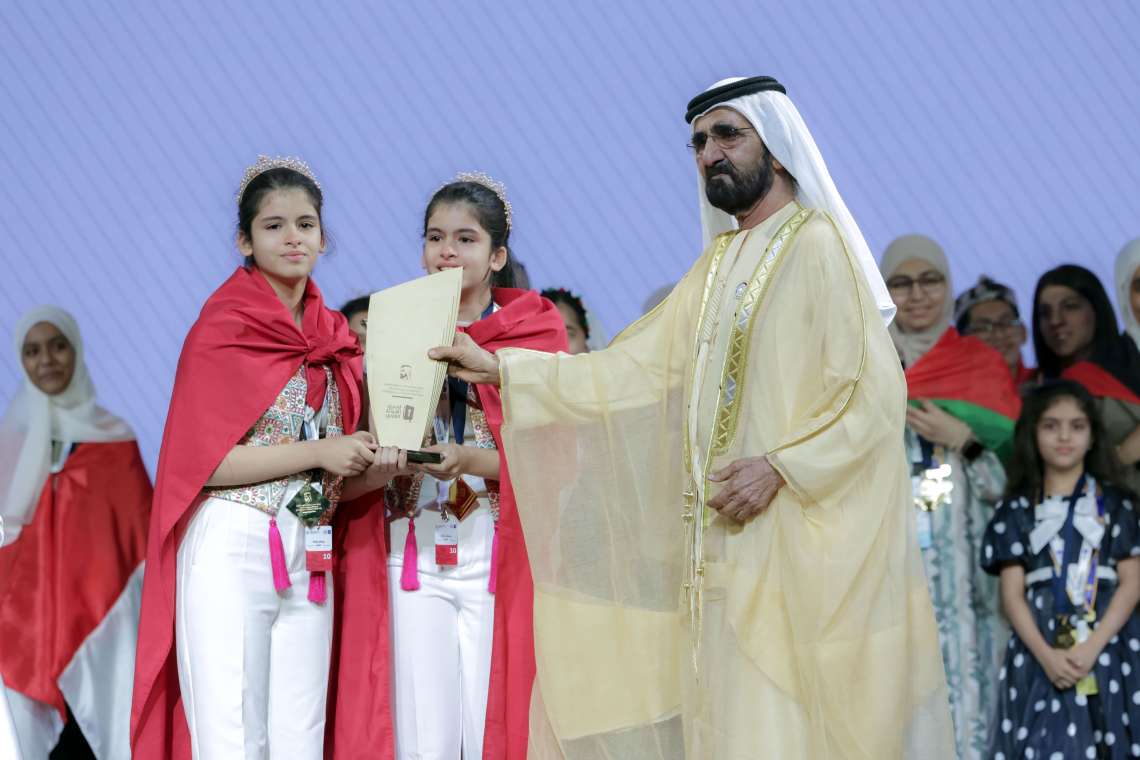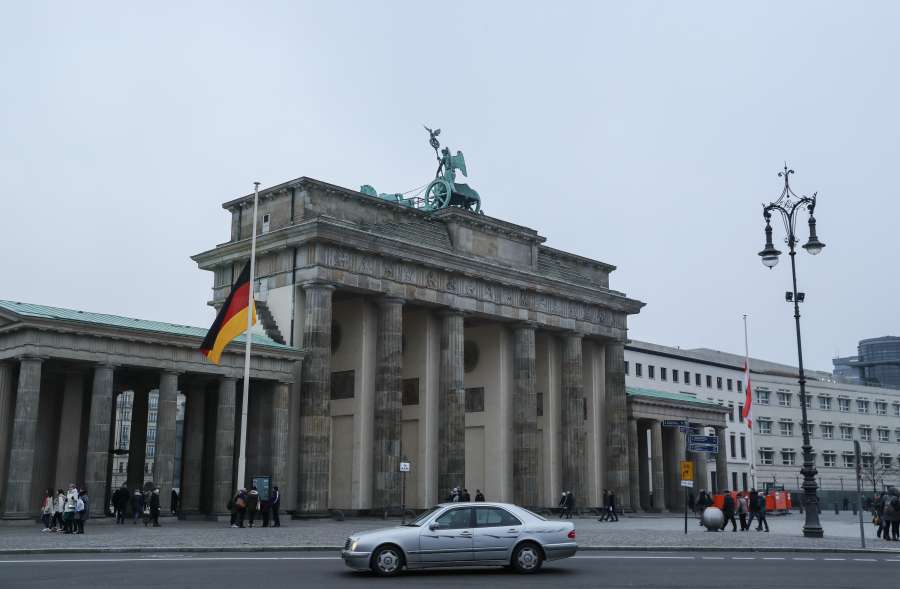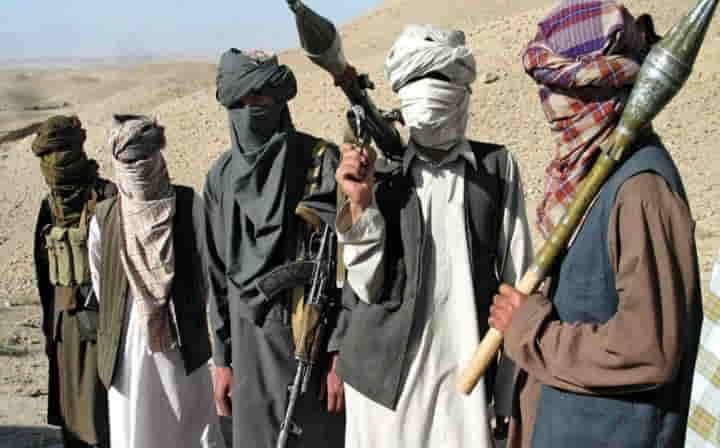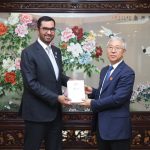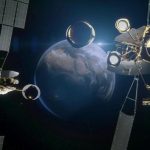The mission is scheduled for launch in 2028, with the primary goal of exploring the asteroid belt between Mars and Jupiter, the source of most meteorites that impact earth, reports Asian Lite News
The United Arab Emirates Space Agency on Tuesday announced the commencement of a new Emirati interplanetary mission, designed to further accelerate the young nation’s space engineering, scientific research and exploration capabilities and drive innovation and opportunity in the country’s private sector.
The announcement was made during a ceremony attended by Sheikh Mohammed bin Rashid Al Maktoum, Vice President, Prime Minister and Ruler of Dubai, and Sheikh Mohamed bin Zayed Al Nahyan, Crown Prince of Abu Dhabi and Deputy Supreme Commander of the UAE Armed Forces, that took place in Qasr Al Watan Palace in Abu Dhabi.
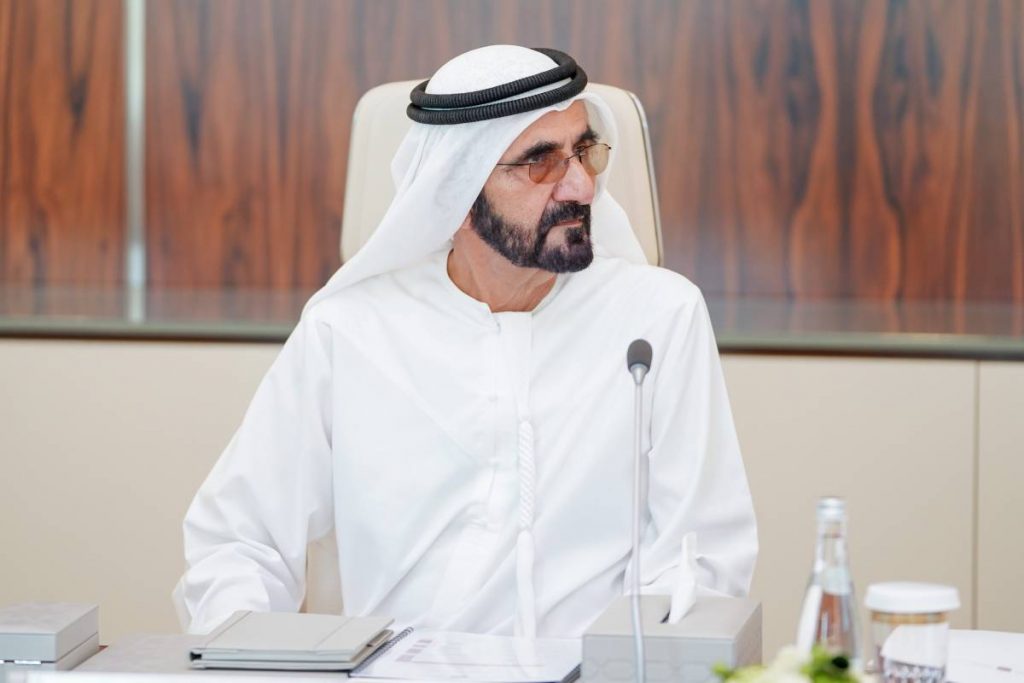
Sheikh Mohammed bin Rashid said, “We have set our eyes to the stars because our journey to development and progress has no boundaries, no borders and no limitations. Today we are investing in the generations to come.”
“With each new advancement we make in space, we create opportunities for young people here on earth,” he added.
Built on the knowledge and experience gained from the Emirates Mars Mission (EMM), the new mission will involve significant participation from Emirati private sector companies. It is scheduled for launch in 2028, with the primary goal of exploring the asteroid belt between Mars and Jupiter, the source of most meteorites that impact earth.
ALSO READ: UAE officials discuss solutions to global challenges
Sheikh Mohamed bin Zayed said, “This new mission tests and extends the capabilities of Emirati youth in achieving Zayed’s ambition to explore space. We are certain that our talented local engineers, academic and research institutions, which have so far made quantum leaps in developing our space sector, are well equipped to take on this daring new challenge.”
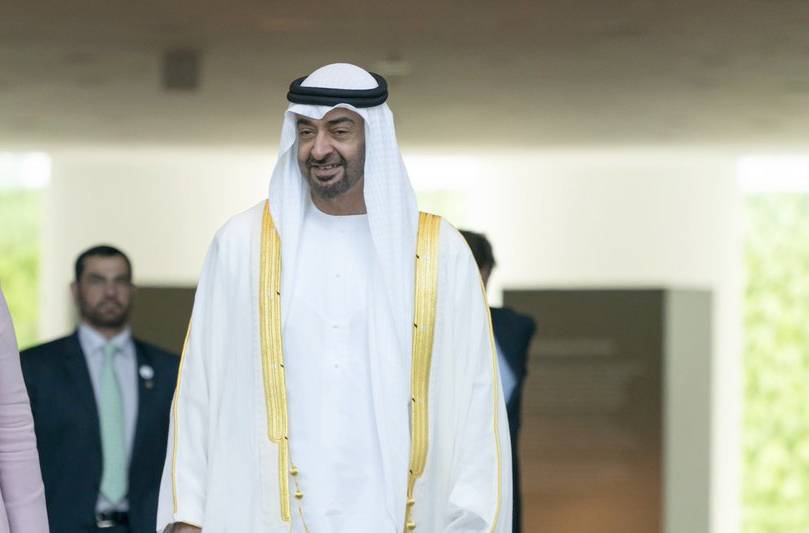
The spacecraft will undertake a 3.6 billion-kilometre, five-year journey, which will see it perform gravity assist manoeuvres by orbiting first Venus, then Earth in order to build the velocity required in order to reach the main asteroid belt, located beyond Mars. Its trajectory around Venus will see it reaching a solar proximity of 109 million kilometres, requiring substantial thermal protection and a furthest distance from the sun of 448 million kilometres, requiring high levels of insulation and spacecraft operation with minimal levels of available solar energy.
Through its journey, it will study seven main belt asteroids. It will be built using the substantial heritage and intellectual property (IP) acquired during the development of the Emirates Mars Mission and its Hope Probe, currently orbiting Mars and gathering unique data on Mars’ atmospheric composition and interactions.
Sarah bint Yousif Al Amiri, Minister of State for Advanced Sciences and Chair of the UAE Space Agency, said, “Our goal is clear: to accelerate the development of innovation and knowledge-based enterprises in the Emirates. This can’t be done by going steady-state, this requires leaps in imagination, in faith and the pursuit of goals that go beyond prudent or methodical. When we embarked on the Emirates Mars Mission, we took on a six-year task that was in the order of five times more complex than the earth observation satellites we were developing. This mission is in the order of five times more complex than EMM.”
The mission will make its first close planetary approach orbiting Venus in mid-2028, followed by a close orbit of Earth in mid-2029. It will make its first fly-by of a main asteroid belt object in 2030, going on to observe a total of seven main belt asteroids before its final landing on an asteroid 560 million kilometres from Earth in 2033. This will make the Emirates the fourth nation to land a spacecraft on an asteroid.
The mission brings extensive challenges that go beyond EMM in terms of spacecraft design and engineering, interplanetary navigation and complex systems integration, requiring new levels of performance from its communications, power and propulsion systems as well as demanding intensive mission control. The precise science goals and instrumentation to be deployed on the mission are to be announced in mid-2022.
The mission is to be developed in partnership with the Laboratory for Atmospheric and Space Physics (LASP) at the University of Colorado, Boulder. LASP was the primary knowledge transfer partner for EMM, bringing over seventy years’ experience in spacecraft and instrumentation design and development and helping advise, train and develop the team of Emirati engineers, software developers and scientists who worked on EMM, many of whom will go on to work on this new mission.
Five initiatives are being launched around the new mission by the UAE Space Agency to accelerate the development of the UAE’s space sector: a fully funded programme to establish Emirati space sector businesses; priority access to contracts and procurement for the mission by Emirati companies; a vocational training programme to train young Emiratis on component assembly and space subsystems engineering; a programme to bring local and international universities and research centres together to work on the mission, including LASP and Emirates University.

